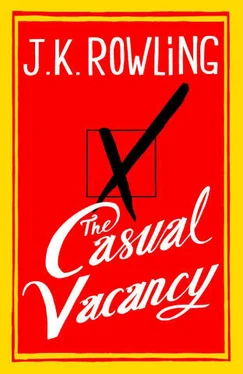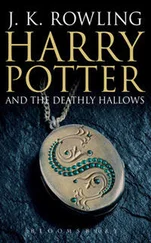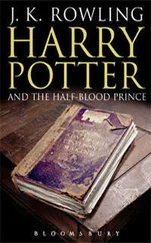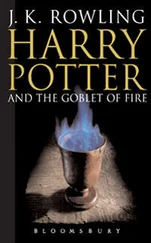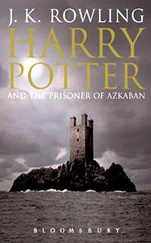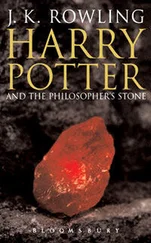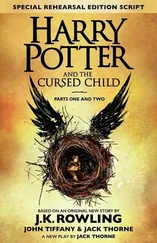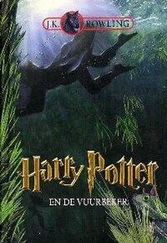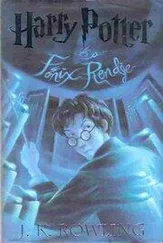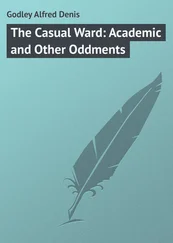Howard carried the mental image of the Fields with him always, like a memory of a nightmare: boarded windows daubed with obscenities; smoking teenagers loitering in the perennially defaced bus shelters; satellite dishes everywhere, turned to the skies like the denuded ovules of grim metal flowers. He often asked rhetorically why they could not have organized and made the place over – what was stopping the residents from pooling their meagre resources and buying a lawnmower between the lot of them? But it never happened: the Fields waited for the councils, District and Parish, to clean, to repair, to maintain; to give and give and give again.
Howard would then recall the Hope Street of his boyhood, with its tiny back gardens, each hardly more than tablecloth-sized squares of earth, but most, including his mother’s, bristling with runner beans and potatoes. There was nothing, as far as Howard could see, to stop the Fielders growing fresh vegetables; nothing to stop them disciplining their sinister, hooded, spray-painting offspring; nothing to stop them pulling themselves together as a community and tackling the dirt and the shabbiness; nothing to stop them cleaning themselves up and taking jobs; nothing at all. So Howard was forced to draw the conclusion that they were choosing, of their own free will, to live the way they lived, and that the estate’s air of slightly threatening degradation was nothing more than a physical manifestation of ignorance and indolence.
Pagford, by contrast, shone with a kind of moral radiance in Howard’s mind, as though the collective soul of the community was made manifest in its cobbled streets, its hills, its picturesque houses. To Howard, his birthplace was much more than a collection of old buildings, and a fast-flowing, tree-fringed river, the majestic silhouette of the abbey above or the hanging baskets in the Square. For him, the town was an ideal, a way of being; a micro-civilization that stood firmly against a national decline.
‘I’m a Pagford man,’ he would tell summertime tourists, ‘born and bred.’ In so saying, he was giving himself a profound compliment disguised as a commonplace. He had been born in Pagford and he would die there, and he had never dreamed of leaving, nor itched for more change of scene than could be had from watching the seasons transform the surrounding woods and river; from watching the Square blossom in spring or sparkle at Christmas.
Barry Fairbrother had known all this; indeed, he had said it. He had laughed right across the table in the church hall, laughed right in Howard’s face. ‘You know, Howard, you are Pagford to me.’ And Howard, not discomposed in the slightest (for he had always met Barry joke for joke), had said, ‘I’ll take that as a great compliment, Barry, however it was intended.’
He could afford to laugh. The one remaining ambition of Howard’s life was within touching distance: the return of the Fields to Yarvil seemed imminent and certain.
Then, two days before Barry Fairbrother had dropped dead in a car park, Howard had learned from an unimpeachable source that his opponent had broken all known rules of engagement, and had gone to the local paper with a story about the blessing it had been for Krystal Weedon to be educated at St Thomas’s.
The idea of Krystal Weedon being paraded in front of the reading public as an example of the successful integration of the Fields and Pagford might (so Howard said) have been funny, had it not been so serious. Doubtless Fairbrother would have coached the girl, and the truth about her foul mouth, the endlessly interrupted classes, the other children in tears, the constant removals and reintegrations, would be lost in lies.
Howard trusted the good sense of his fellow townsfolk, but he feared journalistic spin and the interference of ignorant do-gooders. His objection was both principled and personal: he had not yet forgotten how his granddaughter had sobbed in his arms, with bloody sockets where her teeth had been, while he tried to soothe her with a promise of triple prizes from the tooth fairy.
Two mornings after her husband’s death, Mary Fairbrother woke at five o’clock. She had slept in the marital bed with her twelve-year-old, Declan, who had crawled in, sobbing, shortly after midnight. He was sound asleep now, so Mary crept out of the room and went down into the kitchen to cry more freely. Every hour that passed added to her grief, because it bore her further away from the living man, and because it was a tiny foretaste of the eternity she would have to spend without him. Again and again she found herself forgetting, for the space of a heartbeat, that he was gone for ever and that she could not turn to him for comfort.
When her sister and brother-in-law came through to make breakfast, Mary took Barry’s phone and withdrew into the study, where she started looking for the numbers of some of Barry’s huge acquaintance. She had only been at it a matter of minutes when the mobile in her hands rang.
‘Yes?’ she murmured.
‘Oh, hello! I’m looking for Barry Fairbrother. Alison Jenkins from the Yarvil and District Gazette .’
The young woman’s jaunty voice was as loud and horrible in Mary’s ear as a triumphal fanfare; the blast of it obliterated the sense of the words.
‘Sorry?’
‘Alison Jenkins from the Yarvil and District Gazette . I want to speak to Barry Fairbrother? It’s about his article on the Fields.’
‘Oh?’ said Mary.
‘Yes, he hasn’t attached details of this girl he talks about. We’re supposed to interview her. Krystal Weedon?’
Each word felt to Mary like a slap. Perversely, she sat still and silent in Barry’s old swivel chair and let the blows rain upon her.
‘Can you hear me?’
‘Yes,’ said Mary, her voice cracking. ‘I can hear you.’
‘I know Mr Fairbrother was very keen to be present when we interview Krystal, but time’s running—’
‘He won’t be able to be present,’ said Mary, her voice eliding into a screech. ‘He won’t be able to talk about the bloody Fields any more, or about anything, ever again!’
‘What?’ said the girl on the end of the line.
‘My husband is dead , all right. He’s dead , so the Fields will have to get on without him, won’t they?’
Mary’s hands were shaking so much that the mobile slipped through her fingers, and for the few moments before she managed to cut the call, she knew that the journalist heard her ragged sobs. Then she remembered that most of Barry’s last day on earth and their wedding anniversary had been given over to his obsession with the Fields and Krystal Weedon; fury erupted, and she threw the mobile so hard across the room that it hit a framed picture of their four children, knocking it to the floor. She began to scream and cry at once, and her sister and brother-in-law both came running upstairs and burst into the room.
All they could get out of her at first was, ‘The Fields, the bloody, bloody Fields…’
‘It’s where me and Barry grew up,’ her brother-in-law muttered, but he explained no further, for fear of inflaming Mary’s hysteria.
Social worker Kay Bawden and her daughter Gaia had moved from London only four weeks previously, and were Pagford’s very newest inhabitants. Kay was unfamiliar with the contentious history of the Fields; it was simply the estate where many of her clients lived. All she knew about Barry Fairbrother was that his death had precipitated the miserable scene in her kitchen, when her lover Gavin had fled from her and her scrambled eggs, and so dashed all the hopes his love-making had roused in her.
Читать дальше
